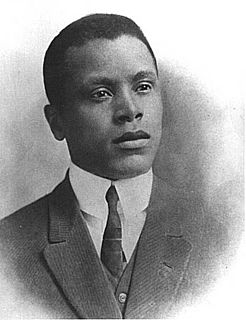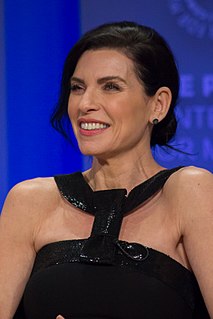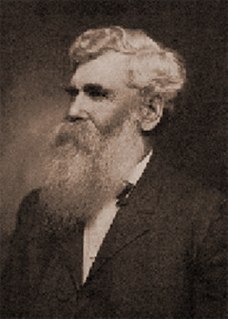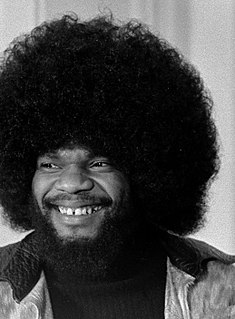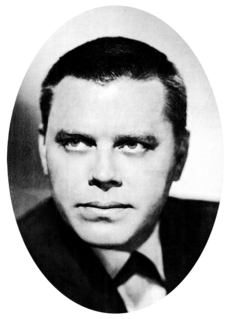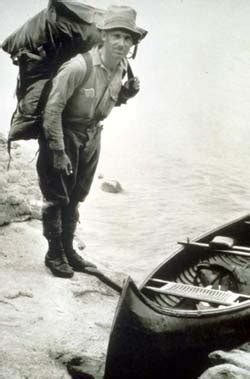Top 1200 Moral Of The Story Quotes & Sayings
Explore popular Moral Of The Story quotes.
Last updated on April 21, 2025.
So, first, I wanted to be a part of the project because I thought it was an important story to tell. On top of that, it's rare to find roles for strong, young, feisty women, especially in a military film. And I love that Suarez ends up being the moral compass of the story, and that she's also brave enough to stand up to all these men.
We are now returning to the 18th century empirical approach with the new interest in the evolutionary basis of ethics, with 'experimental' moral philosophy and moral psychology. As a result, we understand better why moral formulas are experienced as ineluctable commands, even if there is no commander and even if the notion of an inescapable obligation is just superstition. So moral philosophy has made huge progress.
Theologians will protest that the story of Abraham sacrificing Issac should not be taken as literal fact. And the appropriate response is twofold: first, many, many people even to this day, do take the whole of their Scripture to be literal fact, and they have a great deal of political power over the rest of us, especially in the United States and in the Islamic world. Second, if not of literal fact, how should we take the story? As an alagory? Then an alagory for what? Surely, nothing praiseworthy. As a moral lesson? But what kind of morals could one derive from this appalling story?
I think that when I'm telling a story, I'm doing the best I can to tell the story as fully as I can, and if there are various fractures that happen in the story, then that's just the very thing that the story is as opposed to my looking for avenues of difference in one story. They just really do exist. For me, anyway.
And the moral of the story is that you don't remember what happened. What you remember becomes what happened. And the second moral of the story, if a story can have multiple morals, is that Dumpers are not inherently worse than Dumpees - breaking up isn't something that gets done to you; it's something that happens with you.
The Universe story is the quintessence of reality. We perceive the story. We put it in our language, the birds put it in theirs, and the trees put it in theirs. We can read the story of the Universe in the trees. Everything tells the story of the Universe. The winds tell the story, literally, not just imaginatively. The story has its imprint everywhere, and that is why it is so important to know the story. If you do not know the story, in a sense you do not know yourself; you do not know anything.
If I were to speak your kind of language, I would say that man's only moral commandment is: Thou shalt think.
But a 'moral commandment' is a contradiction in terms. The moral is the chosen, not the forced; the understood, not the obeyed.
The moral is the rational, and reason accepts no commandments.
Moral Injury is differentiated from PTSD in that it directly relates to guilt and shame veterans experience as a result of committing actions that go against their moral codes. Therapists who study and treat moral injury have found that no amount of medication can relieve the pain of trying to live with these moral burdens.
Recreation in the open is of the finest grade. The moral benefits are all positive. The individual with any soul cannot live long in the presence of towering mountains or sweeping plains without getting a little of the high moral standard of Nature infused into his being ... with eyes opened, the great story of the Earth's forming, the history of a tree, the life of a flower or the activities of some small animal will all unfold themselves to the recreationist.
When you say there's too much evil in this world you assume there's good. When you assume there's good, you assume there's such a thing as a moral law on the basis of which to differentiate between good and evil. But if you assume a moral law, you must posit a moral Law Giver, but that's Who you're trying to disprove and not prove. Because if there's no moral Law Giver, there's no moral law. If there's no moral law, there's no good. If there's no good, there's no evil. What is your question?
"Judge not, that ye be not judge"... is an abdication of moral responsibility: it is a moral blank check one gives to others in exchange for a moral blank check one expects for oneself. There is no escape from the fact that men have to make choices; so long as men have to make choices, there is no escape from moral values; so long as moral values are at stake, no moral neutrality is possible. To abstain from condemning a torturer, is to become an accesory to the torture and murder of his victims. The moral principle to adopt... is: "Judge, and be prepared to be judged."
It's only a story, you say. So it is, and the rest of life with it - creation story, love story, horror, crime, the strange story of you and I. The alphabet of my DNA shapes certain words, but the story is not told. I have to tell it myself. What is it that I have to tell myself again and again? That there is always a new beginning, a different end. I can change the story. I am the story. Begin.
There did not have to be a moral. She need only show separate minds, as alive as her own, struggling with the idea that other minds were equally alive. It wasn't only wickedness and scheming that made people unhappy, it was confusion and misunderstanding, above all, it was the failure to grasp the simple truth that other people are as real as you. And only in a story could you enter these different minds and show how they had an equal value. That was the only moral a story need have.




